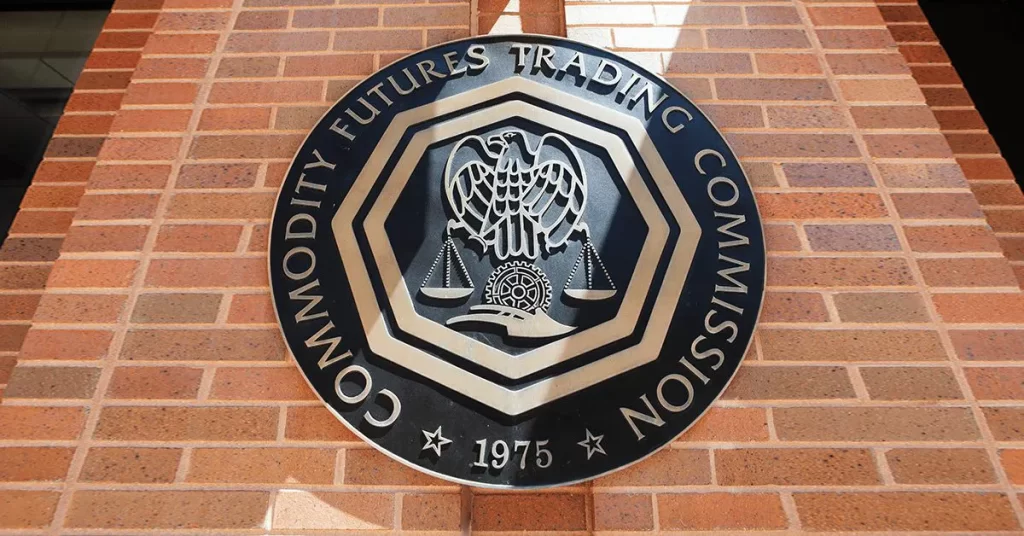The Commodity Futures Trading Commission’s Office of Customer Education and Outreach (OCEO) has issued a crucial advisory to caution the public about the proliferation of Artificial Intelligence (AI) scams targeting investors. T
his advisory, titled “Customer Advisory: AI Won’t Turn Trading Bots into Money Machines,” aims to highlight the deceptive tactics employed by these scams that exploit the allure of AI technology to make false promises of profitable returns.
As AI technology becomes increasingly integrated into our daily lives, scammers are quick to exploit its potential, making bold claims of substantial profits through trading bots, trade signal algorithms, and crypto-asset arbitrage algorithms.
The widespread use of social media platforms and the influence of “influencers” have made it easier for fraudsters to spread misinformation and lure unsuspecting investors into their traps.
Melanie Devoe, the Director of the OCEO, emphasized the importance of vigilance in this digital age: “When it comes to AI, this advisory is telling investors, ‘Be wary of the hype.’”
Devoe underscored the unfortunate reality that AI has become another avenue for unscrupulous individuals to defraud unsuspecting investors.
The advisory notice’s primary goal is to help investors identify and steer clear of potential scams, emphasizing that AI technology cannot predict the future.
It offers practical guidance, including the necessity of thoroughly researching the background of companies or traders before entrusting funds to trading bots or signal providers.
The OCEO is committed to empowering customers with the knowledge and tools to protect themselves from fraud or violations through the creation of effective financial education materials and initiatives.
The OCEO actively engages with retail investors, traders, industry organizations, and the agricultural community, often collaborating with federal and state regulators and consumer protection groups.
Customers and individuals are strongly encouraged to report any suspicious activities or information related to possible violations of commodity trading statutes and regulations.
They can do so through whistleblower tips or complaints on the CFTC’s website, thereby contributing to the fight against fraudulent practices.
Additionally, the advisory includes a case study that sheds light on the fraudulent activities of Cornelius Johannes Steynberg, who orchestrated a Ponzi scheme exploiting public interest in AI, resulting in significant losses for investors.
In conclusion, investors are advised to exercise caution before entrusting their funds to platforms claiming AI-generated returns.
Thorough research, seeking second opinions, and understanding associated risks are essential steps. It is crucial to be cautious, especially regarding the hype promoted by social media influencers and online strangers.
To combat financial fraud effectively, individuals are encouraged to participate in a joint survey conducted by FXStreet and Finance Magnates Group, which explores prevalent online financial fraud types, platforms used for fraudulent activities, the effectiveness of countermeasures, and the challenges faced by companies in tackling such fraud.
Your valuable insights can help shape future strategies and resource allocation in the fight against financial fraud.
